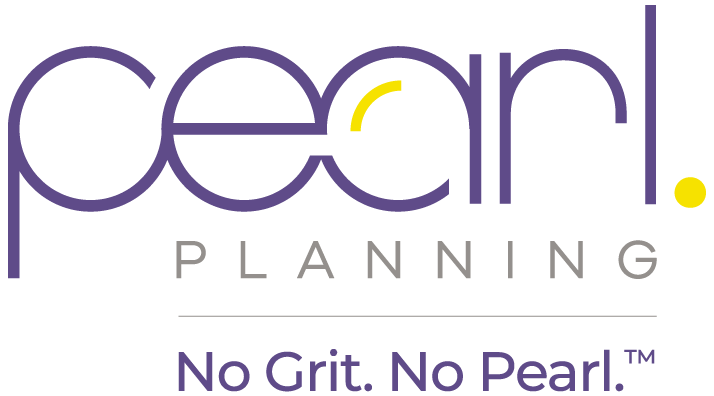Overview
A Health Savings Account (HSA) is a tax-advantaged savings account that allows you to set aside money tax-free for qualified medical expenses. Unlike Flexible Spending Accounts (FSAs), your HSA belongs to you (not your employer) and stays with you even if you change jobs. You can also invest part of your HSA, allowing it to grow over time and serve as a financial buffer against future healthcare costs.
For the most current rules and qualified expense lists, refer to IRS Publication 969 and Publication 502.
Eligibility Requirements
To open and contribute to an HSA, you must:
- Be enrolled in a qualified High-Deductible Health Plan (HDHP)
- Not be enrolled in Medicare
- Not be claimed as a dependent on someone else’s tax return
- Not have additional health coverage that disqualifies you (e.g. a spouse’s plan)
You do not need to have earned income to contribute. If you meet the criteria above, you can contribute even if you’re unemployed or retired.
What Does an HSA Cover?
Your HSA funds can be used tax-free for qualified medical expenses, such as:
- Deductibles and copays
- Prescriptions
- Dental and vision care
- Over-the-counter medications
- Medical devices and supplies
Non-qualified expenses are subject to income tax and an extra 20% penalty if withdrawn before age 65. Always keep receipts and documentation for tax reporting.
Most insurance premiums are not qualified HSA expenses, except in specific cases like COBRA or long-term care.
Key Benefits of an HSA
- Triple Tax Advantage: Contributions are pre-tax, earnings grow tax-free, and withdrawals for qualified expenses are also tax-free.
- No “Use-It-or-Lose-It”: Funds roll over year to year, unlike FSAs. There are no required minimum distributions (RMDs), and unused funds can accumulate over decades.
- Covers Family Members: You can use your HSA to pay for qualified expenses of your spouse, children, or dependents.
- Retirement Flexibility: After age 65, you can withdraw funds for non-medical expenses without penalty, though you’ll have to pay income tax. In this sense, it is similar to a traditional IRA.
- Investment Opportunities: Many HSA providers allow you to invest your balance in mutual funds or ETFs, giving your account the ability to grow over time.
- Flexible Reimbursement: You can delay reimbursements for years if you keep records. For example, pay out of pocket today, and reimburse yourself in the future after the account has had time to grow. This can be used to plan for hard years where you may be unemployed or facing large expenses.
Contribution Limits for 2025
| Coverage Type | Under Age 55 | Age 55+ (with catch-up) |
| Self-only | $4,300 | $5,300 |
| Family | $8,550 | $9,550 |
Important Notes for Married Couples:
- Each spouse must open a separate HSA to contribute individually
- If one spouse has family coverage, the combined limit applies
- After age 55, each spouse can make a $1,000 catch-up contribution to their own account
- Filing taxes with two HSAs means each spouse must complete IRS Form 8889
How to Open an HSA
- Confirm Eligibility: Make sure you’re enrolled in a qualified HDHP and not covered my Medicare or another non-qualified health plan.
- Choose a Provider: Compare HSA providers by investment options, fees, and customer experience. Some prioritize investment tools, while others focus on lower administrative costs. If your employer offers HDHPs, they may already have a provider chosen for you, streamlining the process but removing your ability to shop around.
- Start Contributing Early: Because contributions are limited annually, early and consistent saving helps build a sizable account for future medical or retirement needs.
Potential Drawbacks
- High Deductibles: HDHPs require you to pay more out of pocket before insurance kicks in. If you expect frequent doctor visits or high ongoing medical costs, the savings from the HSA might not outweigh the burden of the deductible.
- Sticker Shock: Even if you can afford the costs, paying up front can be jarring if you’re used to low-deductible plans.
- Provider Complexity: Some HSA administrators have high fees, poor investment options, or burdensome paperwork. Choose your provider carefully.
Final Thoughts: Is an HSA Right for You?
An HSA offers powerful tax benefits and long-term flexibility, but it’s not for everyone. If you’re generally healthy and want to grow your savings for future medical or retirement costs, it could be a great tool. However, if you have regular healthcare needs or would struggle with a high deductible, a more traditional health plan may be better suited to your situation.
If you’d like help comparing your options or choosing the right provider, schedule a call or send us an email. We’re happy to help you make an informed decision.


